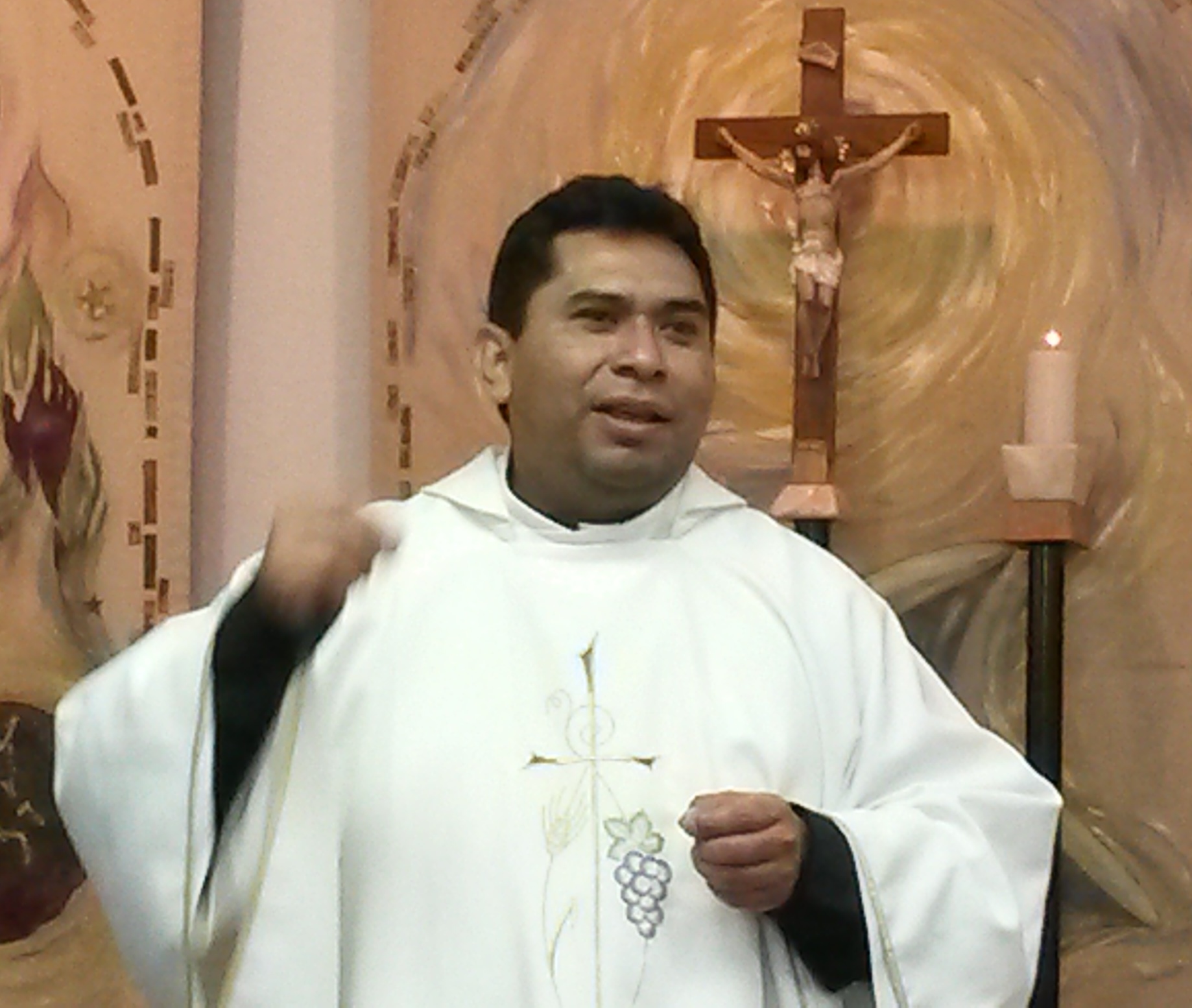 XXXIII SUNDAY IN ORDINARY TIME
XXXIII SUNDAY IN ORDINARY TIME
THE PAROUSIA OF THE LORD
By our Pastor, Fr. Carmelo Jiménez
This second to last Sunday of the liturgical year puts us in the eschatological religious sphere; it instructs us and motivates us to think about the last things in life, of which we almost never dare to speak, because although we know with certainty that we are not eternal in this world, it gives us fear to think about the next life. The liturgy presents it to us as our deepest reality to which we must peer with faith and hope. United with this message, Pope Francis has named this second to last Sunday of Ordinary Time as the day of the “WORLD DAY OF THE POOR”. Pope Francis motivates us in his message for this day: “The seriousness with which the ‘beloved disciple’ hands down Jesus’ command to our own day is made even clearer by the contrast between the empty words so frequently on our lips and the concrete deeds against which we are called to measure ourselves. Love has no alibi.”
“When one finds a worthy wife, her value is far beyond pearls.” (Proverbs 31: 10) The Jewish woman, was in charge of keeping the fire in the home, and turning on the lights of the Shabbat (the Lord’s day). The women experienced what her call to the Kingdom of God meant. Women are more religious than men; it has always been so. That is an undeniable reality. But in this reading the woman is compared with wisdom. That biblical wisdom, which is a practical wisdom, is what is proposed here in the image of a woman. I read a thought and I liked it: “women do not be dummies in wanting to be equal to man, because that would lower your dignity, because God made you in a special way and you are superior to man”. The woman is not reduced to the home, to the house, to the children. The very important point in this reading is that women have a great capacity to make decisions. I want to say to women thank you for being a strong woman, thank you for being a daughter, sister or mother that can be trusted. Thank you for being strong, delicate and wise. Thank you for your faith, women!
“A man going on a journey called in his servants and entrusted his possessions to them.” (Mt 25: 14b). The men who have been entrusted the goods (talents) must be prepared for the return of their lord. Two of them have invested and received a reward, but the third one has been blinded by the reaction of his lord who is almost bloodthirsty. The last servant had received less than the others and acted out of fear, according to his own justification. It is clear that the lord of this parable does not want to be buried, not himself, nor what he has given to his servants.
“And throw this useless servant into the darkness outside, where there will be wailing and grinding of teeth.” (Mt 25:30) It seems that the divine reward, as the primitive Church could understand this parable, is unfair: “For to everyone who has, more will be given and he will grow rich; but from the one who has not, even what he has will be taken away.” (Mt 25: 29) But it will be taken away from him if he has not given what he has. In order to gain salvation, it’s not about having more or less; if you are rich or poor; the important thing in this matter is the response to grace, which is something personal that does not allow excuses. The answer to grace is yes or no, and the lukewarm or the more or less are not accepted. With God or with the dev… Wow! That is strong, right? Salvation comes to us if we wait for it and if we are open to it.
May God grant us the strength and faith of women, in order to receive grace, transform our lives and follow and live according to the God’s will. Then our candles of baptism (faith) continue to burn when the Lord comes. Amen.